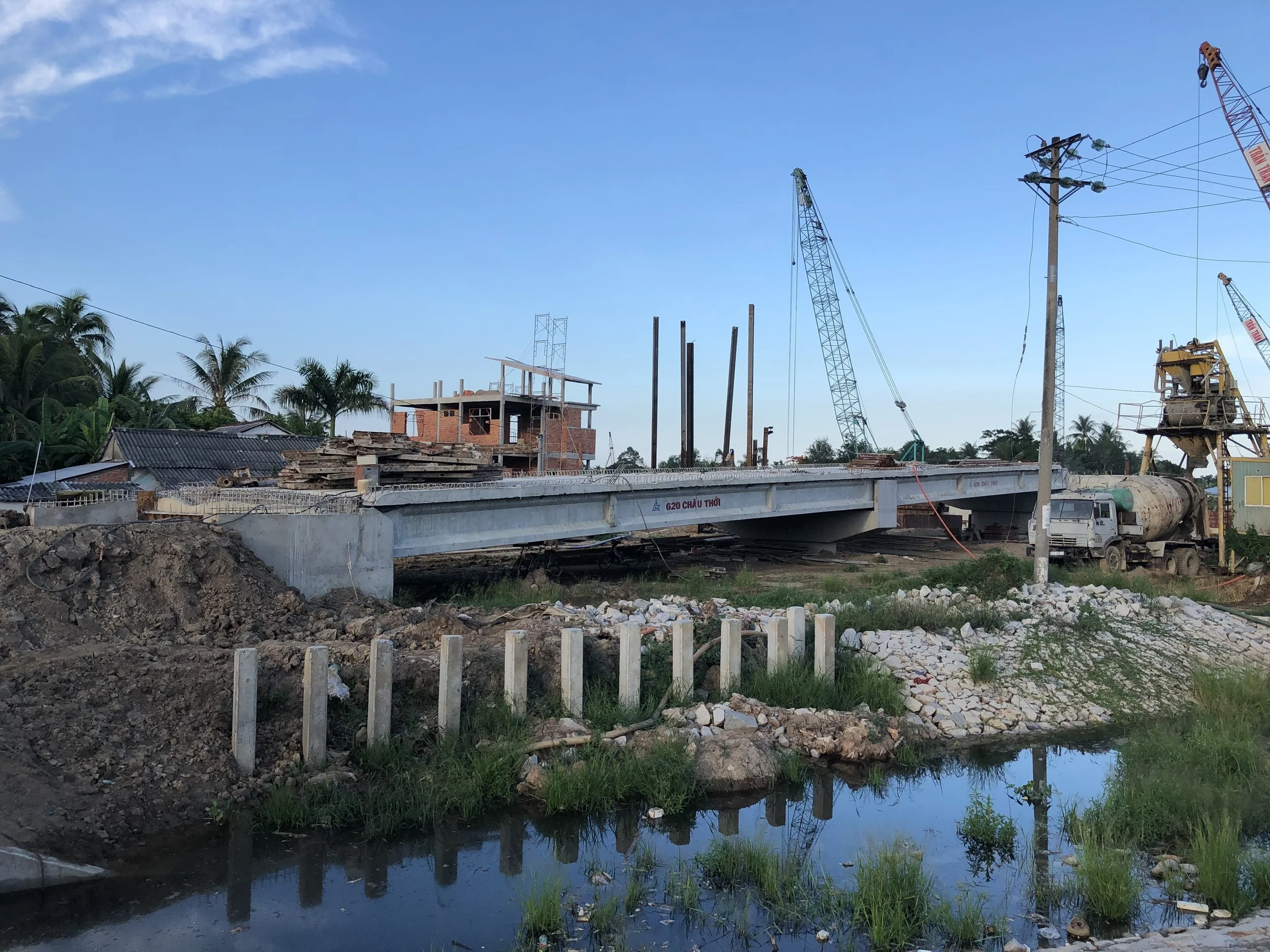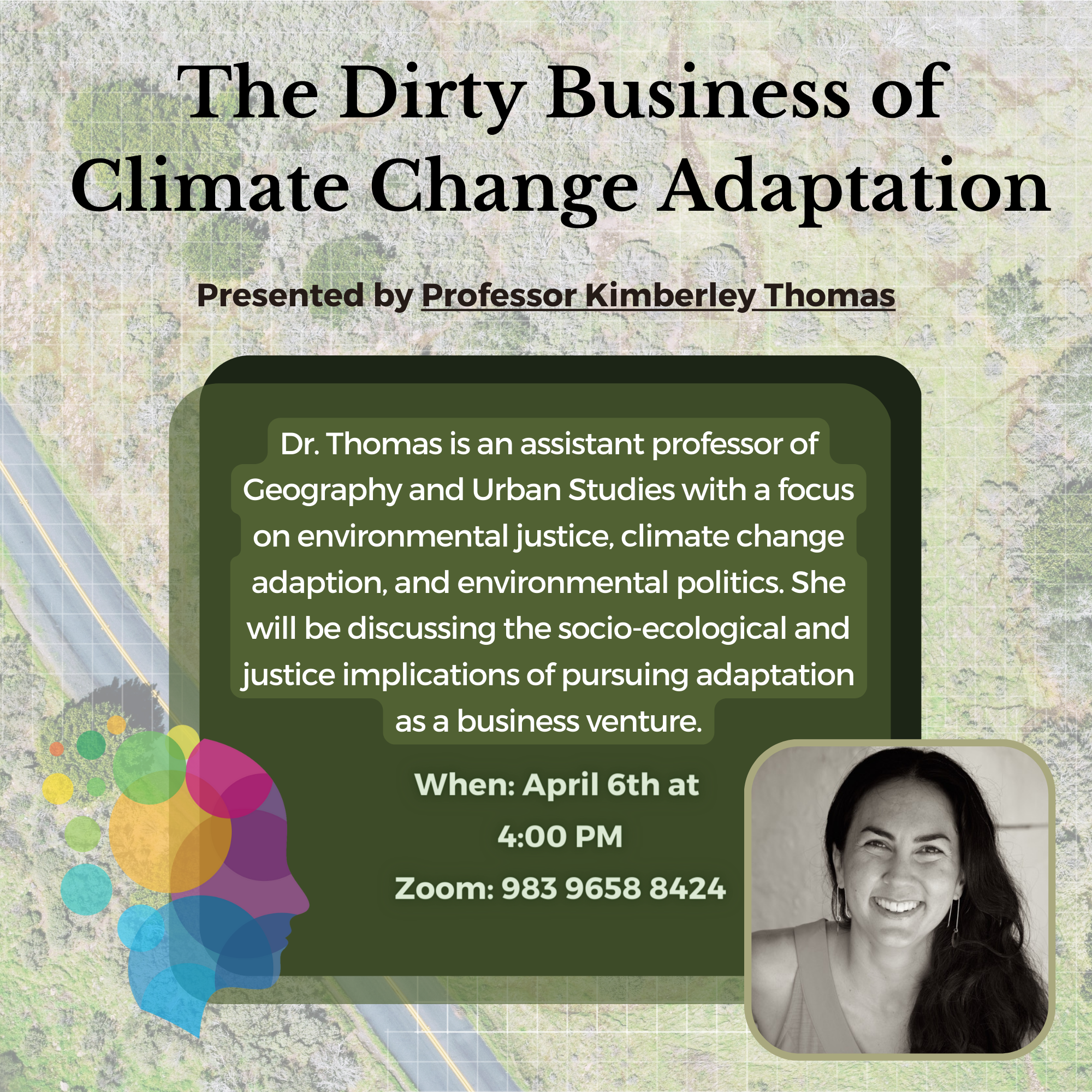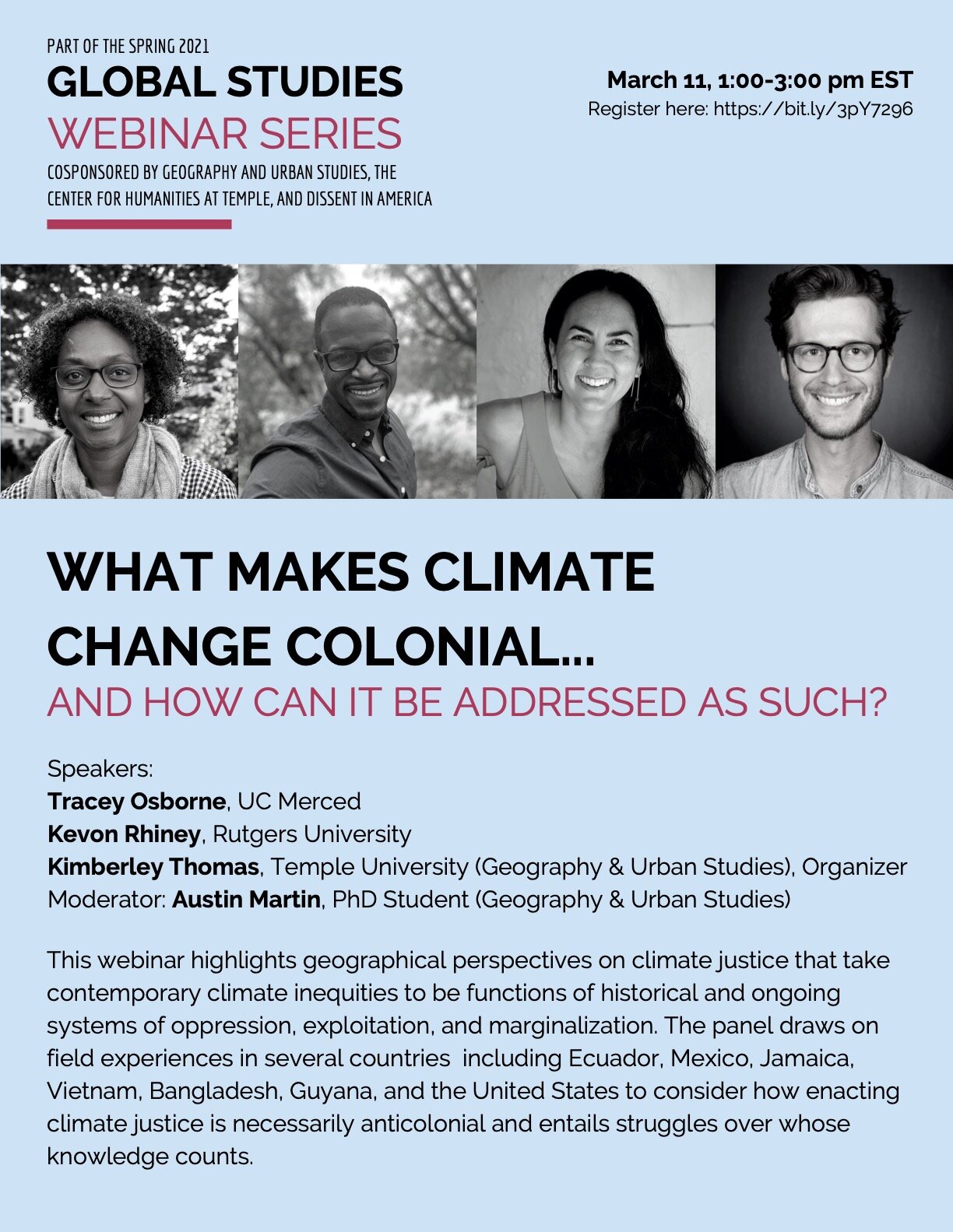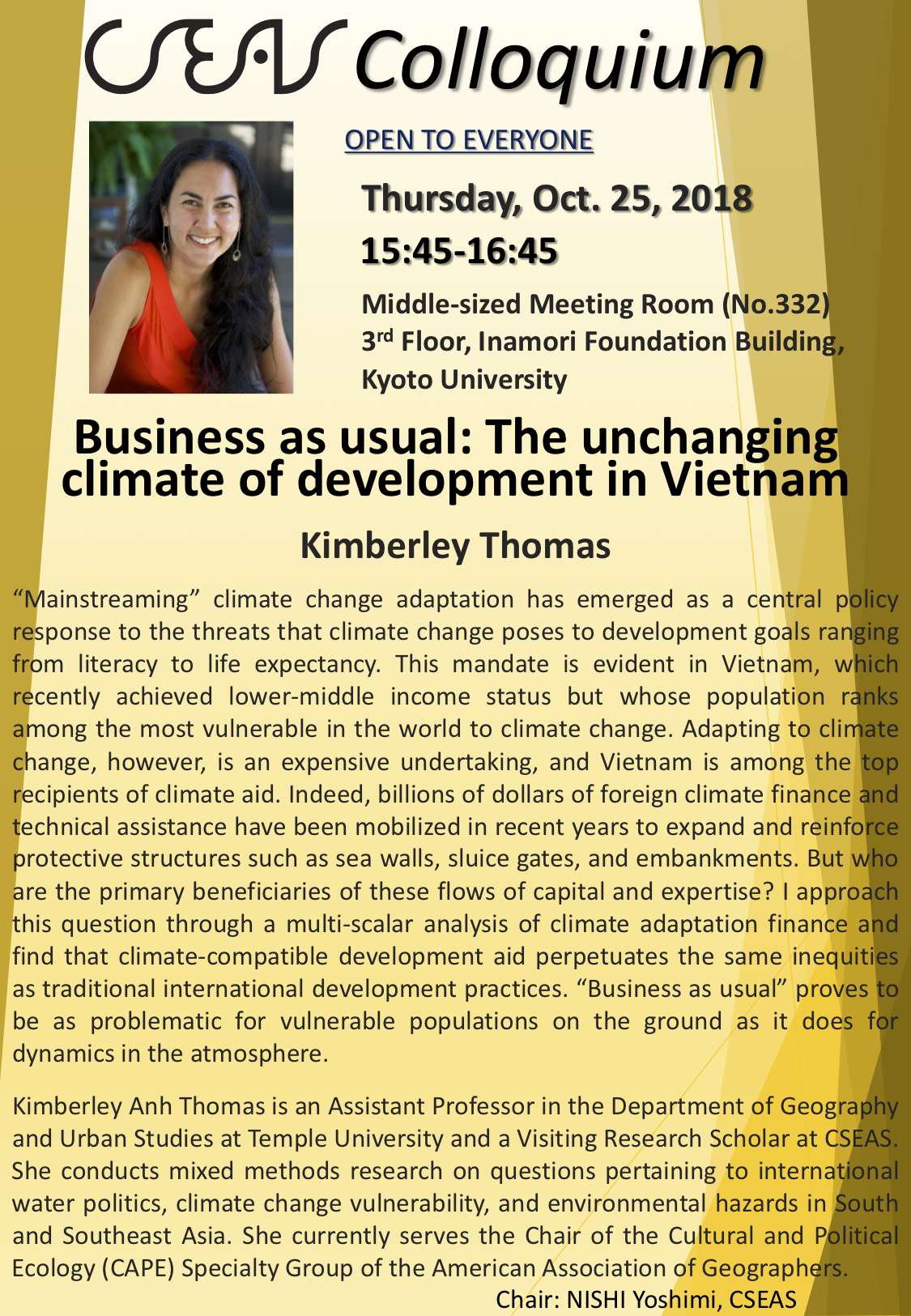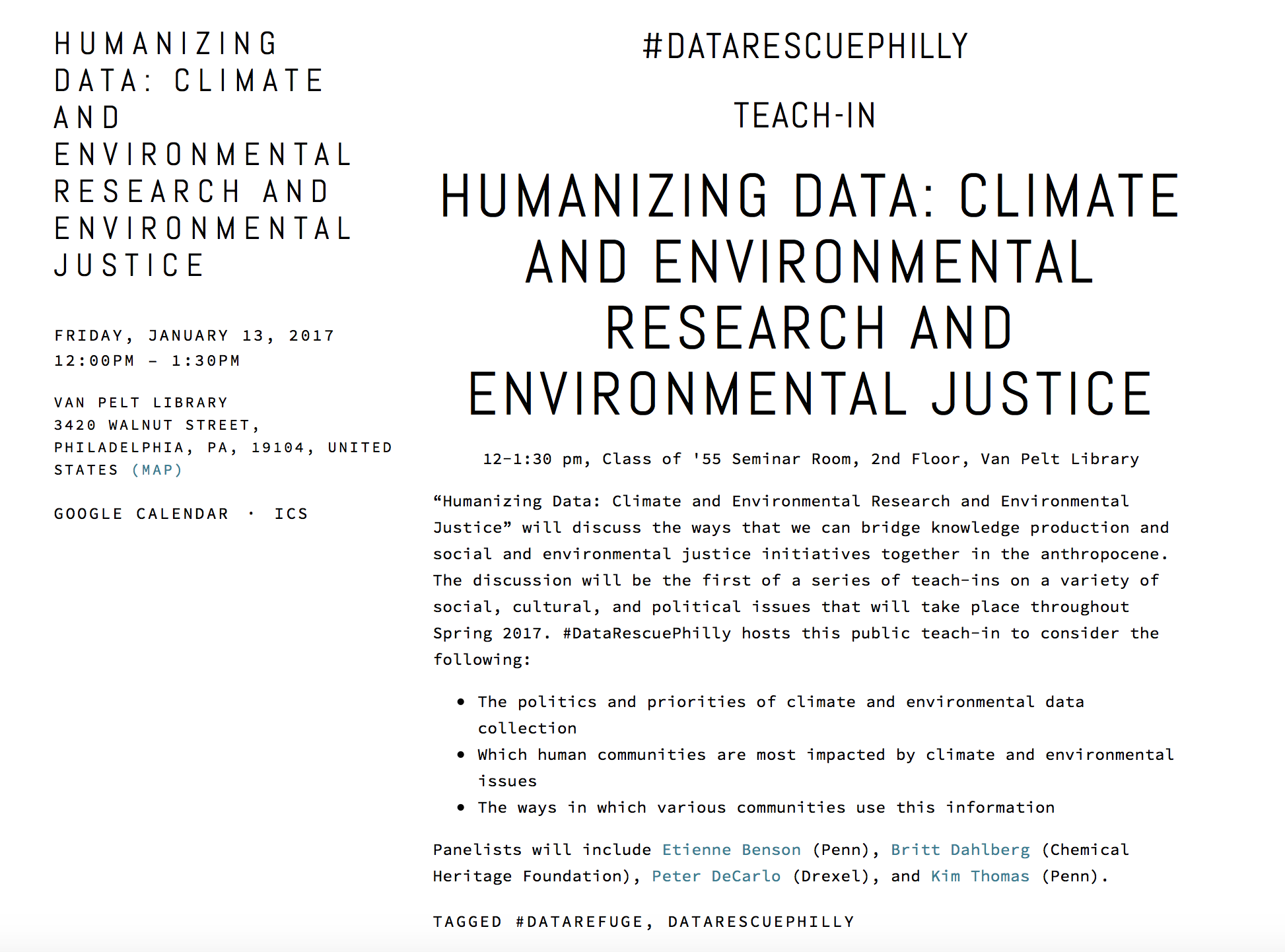Wednesday,
11 February 2026
12-1pm
Sluice gate construction in tra vinh, vietnam (2022)
Envisioning infrastructure otherwise
HIstory Theory Talks is a seminar series hosted by the Tyler School of Art & Architecture at Temple University. Here, I present collaborative work in-progress with Ryan Stock (Northern Michigan University) and Justin See (University of Melbourne) to address a dilemma between infrastructural necessity and harm. We observe that infrastructures can produce environmental destruction, human and other-than-human displacement, pollution, livelihood loss, socio-cultural alienation, resource extraction, and land grabbing. Yet, policymakers, industry stakeholders, and diverse publics continue to justify and demand even more infrastructure. This apparent contradiction reflects a basic condition of modern life: networked electricity, water, mobility, and communication are now indispensable, yet the costs of such services are borne unequally and access to them remains highly inequitable. Drawing on cases regarding water resources management and renewable energy in South and Southeast Asia, this talk considers what alternative infrastructural arrangements and relations might better support both human and non-human life and engender more livable worlds for all.
Location: Temple University
Tyler School of Art & Architecture
Thursday,
6 November 2025
12:30-1:50pm
Against sacrifice zones
Capitalism produces distinct and highly uneven geographies of extraction, production, development, and waste, with profound implications for social and environmental well-being. Activists, journalists, and academics condemn these dynamics through the strategic mobilization of vivid terminology, such as "slow violence" and "frontline community" that highlight the unique vulnerabilities that impacted communities face. Within this practice describing heavily polluted areas as "sacrifice zones" has become commonplace in recent decades as diverse groups resist their unwitting exposure to destructive and toxic industrial, municipal, and military activities. However, pollutants tend to seep, spill, leak, and drift from wherever they are concentrated, defying any notion of physical containment in one specific area. This collaborative work with Caitlin Joseph (Temple) and Britt Crow-Miller (UMass Amherst) considers various cases of fugitive pollution to interrogate the assumptions of relative containment and [in]security that the concept of sacrifice zones implies. This talk is hosted by the Public Policy Lab at Temple.
Location: Temple University
10th floor Gladfelter Hall
Tuesday,
8 July 2025
3:30-5pm
Perpetuating climate injustice through private adaptation finance
The gulf between the estimated $1.3 trillion annual cost of adaptation in the majority world and the scant $300 billion in pledged adaptation funds from the minority world has state and development agencies increasingly turning to the private sector to close the so-called adaptation finance gap. In this KITLV seminar, I survey efforts to scale up the production of farm, forest, livestock, and aquaculture products as a market-based approach to attract private adaptation finance and reduce climate vulnerability in Asia and beyond. I argue that responding to climate change through export commodity production reproduces the ahistorical and apolitical developmentalism of generations past by rendering climate vulnerability as a primarily economic and technical problem rather than what it is—a product of colonial racial capitalism.
Location: Leiden University
Herta Mohr Building Room 1.30
Witte Singel 27A, 2311 BG Leiden
Thursday,
13 March 2025
4:10-5:30pm
Accumulation by adaptation
The Levitt Public Affairs Center at Hamilton College hosts a speaker series in which I am sharing work-in-progress on the political economy of adaptation. This talk explores three cases of accumulation by adaptation, the processes by which political and economic elites profit from climate adaptation efforts in the Majority World.
Location: Hamilton College
Kirner-Johnson Building 127
Clinton, NY 13323
Details here
Tuesday,
19 November 2024
11:30am-1pm
The global financialization of climate change adaptation
For decades, climate change negotiations and responses have prioritized mitigation (reducing greenhouse gas emissions) over adaptation (minimizing negative climate impacts). However, this balance is shifting, as evidenced by recent depictions of adaptation in lower-income countries as an “untapped opportunity.” Yet, while finance industry insiders eagerly anticipate a multi-trillion-dollar adaptation market, I examine the work required to reconfigure some groups’ vulnerability to climate change as profitable investments. My project focuses on the production of farm, forest, and aquaculture products—what I term adaptive commodities—as a market-based approach to climate vulnerability in Asia and beyond. Case studies from Vietnam, India, and Indonesia indicate that the promotion of adaptive commodities as triple-bottom line solutions amounts to little more than the commodification of climate vulnerability itself.
Location: Emory University
Rita Anne Rollins Building 102
Atlanta, GA
Friday,
1 November 2024
3-4:30pm
chester, pa skyline. credit: veronica gomes
Sacrifice flows: Racial capitalism and uneven geographies of development
This week, I join the Critical Development Seminar Series at Cornell University to share some collaborative work-in-progress on the topic of sacrifice zones. In this project, Britt Crow-Miller (UMass Amherst), Caitlin Joseph (Temple), and I interrogate processes of sacrifice and uneven development that concentrate environmental harms among populations not deemed worthy of protection within colonial racial capitalism.
Location: Hybrid
Friday,
13 September 2024
3-4:15pm
Monroe energy llp, Chester pa. credit: Veronica gomes
Against sacrifice zones
Describing heavily polluted areas as ‘sacrifice zones’ has become commonplace in recent decades, as diverse groups resist their unwitting exposure to destructive and toxic industrial, municipal, and military activities. However, pollutants tend to seep, spill, leak, and drift from wherever they are concentrated. This collaborative work with Britt Crow-Miller (UMass Amherst) and Caitlin Joseph (Temple) considers various cases of fugitive pollution to interrogate the assumptions of relative containment and [in]security that ‘sacrifice zone’ implies. Although we are sympathetic to the concept’s political power and affective appeal, we conclude that its reliance on shaky notions of spatial fixity, boundaries, and protection undermines the project of supplanting colonial racial capitalism with convivial socio-ecological relations. This talk is part of the Geography Department Seminar Series at Rutgers University.
Location: Rutgers University
Tillet Hall Room 246
50 Joyce Kilmer Ave
Piscataway, NJ 08854
Climate Justice Field School: Community Showcase
Please join us for the culminating event of the inaugural Climate Justice Field School, a 4-month-long program that places Temple undergraduate students in paid internship positions to work with local organizations to address climate injustices in the Philadelphia area. The Community Showcase will feature the projects that the interns completed over the summer, along with a reception with their supervisors. The host organizations comprise a variety of non-profit organizations and city and federal government agencies.
Location: Temple University
Charles Library
1900 N 13th St, Philadelphia, PA 19122
Rivers, borders, and other spaces of [in]security
This talk is part of the webinar series on Ganges-Brahmaputra Transboundary River Water hosted by the Department of Civil and Environmental Engineering at UCLA. In it, I unpack the relationship between international rivers, state borders, and the production of [in]security at various scales for differently situated groups.
Location: Zoom
Thursday,
15 February 2024
8-9am EST
Casualty, accomplice, culprit: The many roles of rivers in Asia’s changing climate
Many of the diverse, complex human-environment systems found throughout Asia—from the Balinese subak to the seasonal fisheries of Tonle Sap Lake—are organized around the thousands of rivers that course across the region. There is a widespread lament that these vital waterways count among the growing list of casualties of climate change, as shifting precipitation patterns and increasing temperatures dramatically alter river ecologies. However, to frame rivers as passive victims of climate change obscures other, more localized anthropogenic threats to riverine systems. Taking these into account reveals how rivers can aid and abet climate change, as well as act as a primary driver of socio-ecological dysfunction. This talk is generously being hosted by the Department of Environmental Studies at Ashoka University.
Location: Zoom
Friday,
15 December 2023
4-6pm
Infrastructural violence, fast and slow
Structural violence can assume diverse material forms mediated through physical networks of circulation. Accounts of so-called infrastructural violence emphasize the social injustices effected by infrastructural construction, abandonment, and decay. In this guest lecture in the Department of Culture Studies and Oriental Languages, I argue that beyond these well-documented impacts of early and late phases of infrastructural life, infrastructure also metes out violence—fast and slow—in the course of its normal functioning. As I illustrate through examples of water and border infrastructure, violence is not incidental to infrastructure but intrinsic to it. This is lamentably the case because of the spatial, temporal, and social horizons written into infrastructural designs, which I illustrate through examples of water and border infrastructures in the Ganges and Mekong Deltas. Yet, these same factors simultaneously reveal opportunities for producing more egalitarian ecologies, thus pointing a way toward more just and sustainable infrastructural relations.
Location: University of Oslo
Seminarrom 10, P.A. Munch hus
Thursday,
14 December 2023
1-2pm
Intersectional vulnerability redux
Critical social scientific research identifies vulnerability to climate change as a dynamic social relation rather than a fixed or immanent characteristic. Building on this work, I posit that our collective understanding of climate vulnerability can be productively extended by adopting an intersectional lens. Here, I use intersectionality to move beyond the heightened vulnerability associated with overlapping marginalized social identities to include climatological and biophysical conditions. Understanding vulnerability as context-dependent indicates that different extreme events interpellate different subjectivities and therefore render certain axes of vulnerability more or less relevant in a given situation. Attention to such variegation reveals the emergent quality of vulnerability, while recognizing our mutual capacity to be vulnerable may invigorate solidarity-based efforts to address vulnerabilizing processes rather than their outcomes.
Location: Norwegian University of Life Sciences
Sustainability Hub
Market Environmentalism and the Cost of Extraction
This session is part of a one-day symposium on Neoliberal Natures: Green Extractivism and Abolition Ecologies in the Anthropocene organized by Kevon Rhiney and hosted by the High Meadows Environmental Institute at Princeton University. The event is open to the public and will “build on the concept of neoliberal natures to explore the ecological and justice implications of resource extraction, including new forms of global conservation efforts that are premised on the commodification and financialization of material nature as a planetary-scale solution to a range of global environmental crises.”
Location: Princeton University
Louis A. Simpson A71
20 Washington Road
Taking Climate Vulnerability to Market
For decades, climate change negotiations and responses have prioritized mitigation (reducing greenhouse gas emissions) over adaptation (minimizing negative climate impacts). However, this balance is beginning to shift, as evidenced by recent depictions of adaptation in developing countries as an “untapped opportunity.” Yet, while finance industry insiders eagerly anticipate a multi-trillion-dollar adaptation market, I examine the work required to reconfigure some groups’ vulnerability to climate change as profitable investments. My project focuses on the production of farm, forest, and aquaculture products—what I term adaptive commodities—as a market-based approach to climate vulnerability in Asia and beyond. I join the Asia in Depth Seminar Series, hosted by the Georgetown Initiative for Global History and the Asian Studies Program at Georgetown University, with a discussion of the commodification of climate vulnerability and adaptation in Asia.
Location: Georgetown University
ICC 662
Friday,
23 June 2023
5-6:30pm
Buying into Adaptation: Agrarian Commodities as Climate Fix
In the context of mounting socio-ecological instabilities, development experts promote farm, forest, and aquaculture products as solutions to the coupled challenges of environmental change and social inequity. Advocates of such commodities emphasize the triple-bottom line in which economic, social, and environmental benefits can all be realized. Millets, for instance, are promoted as a climate-resilient superfood that can help meet nutritional needs for a growing population and uplift women in India. Similarly, brackish-water shrimp aquaculture comprises a key pillar of Vietnam’s agenda for the climate-compatible development of a drier, saltier Mekong Delta. However, closer examination of the promotion and establishment of agrarian, adaptive commodities reveals they amount to little more than a fix for accumulation crises within climate-altered landscapes.
Location: Kyoto University
Graduate School for Asian and African Area Studies
Research Building 34, Room A-447
Kyoto, Japan
Saturday,
15 April 2023
1:30-2:30pm
Engineering Environmental Justice
This keynote address for the 25th Environmental Chemistry and Microbiology Student Symposium will examine the materialization of adaptation interventions to trace how engineers’ visions for sustainable, resilient futures land and unfold in specific contexts.
Location: Penn State University
Forest Resources Building
University Park, PA 16802
https://sites.psu.edu/saese/2023-ecmss
Thursday,
6 April 2023
4-5:30pm
The Dirty Business of Climate Change Adaptation
State and development organizations have long sought private sector investment to realize objectives ranging from household water provision to upgrading transportation infrastructure. In the face of skyrocketing costs of confronting climate change, such groups are increasingly looking to private firms to help finance adaptation measures. However, private sector participation hinges on the promise of profitable returns, which raises critical questions about the nature, implementation, and outcomes of private-financed adaptation interventions. This talk explores the socio-ecological and justice implications of pursuing adaptation a business venture.
Location: Temple University
Howard Gittis Student Center Room 200C
1755 N 13th St
Philadelphia, PA 19122
Wednesday,
8 February 2023
11am-12:30pm
The Immanent Violence of Infrastructure
Recent attention to infrastructural violence emphasizes the social injustices effected by infrastructural construction, abandonment, and decay. However, I argue that beyond these more visible and well-documented events, infrastructure also metes out gradual, accretive violence in the course of its normal functioning. As I illustrate through examples of water infrastructure, violence is not incidental to infrastructure but intrinsic to it. This is lamentably the case because of the spatial, temporal, and social horizons written into infrastructural designs. Yet, these same factors simultaneously reveal opportunities for producing more egalitarian ecologies, thus pointing a way toward more just and sustainable infrastructural relations. I present this paper for the Alive and Infrastructured Network, building on a book chapter on slow infrastructural violence.
Location: Zoom
Friday,
4 November 2022
2:30-4pm
Environmental Hazards and Vulnerability in Asian Deltas
Commemorating the 30th anniversary of the Fulbright Program in Vietnam, I present a talk on environmental hazards in deltas that emphasize the relationality of security and vulnerability within an historical perspective.
Location: Can Tho University
Can Tho Learning Resource Center
Area II, 3/2 Street, Xuân Khánh, Ninh Kiều, Cần Thơ
Tuesday,
8 March 2022
4-5pm EST
Climate Change and Western Imperialism
What is the relationship between colonialism and climate change? How do colonial dynamics manifest in climate policy and responses? What are the implications of these dynamics for climate justice? I examine these questions through an examination of climate change adaptation in South and Southeast Asia in this lecture for the Association of Interdisciplinary Sciences.
Location: Temple University
Howard Gittis Student Center Room 200C
1755 N 13th St
Philadelphia, PA 19122
Compelled to compete: Rendering climate change vulnerability investable
In this session, I will present a draft paper in the AAG's Development Geographies Specialty Group (DGSG) new research-in-progress seminar. The series comprises a sequence of 75-minute online discussions co-hosted by DIE/GDI and structured to facilitate constructive debate. My work will focus on neoliberal techniques of mitigating climate hazards in the Vietnamese Mekong Delta.
Virtual event: Register here
Friday,
5 November 2021
3-4pm EST
The Unbearable Whiteness of Adaptation to Climate Change
I join the University of California Center for Climate Justice fall seminar series with a lecture on the colonial dimensions of climate change. The talk examines how even well-intentioned climate finance and adaptation efforts may inadvertently perpetuate colonial injustices.
Location: UC Merced
Center for Climate Justice
Virtual event: check back for details!
Tuesday,
1 June 2021
1-2pm EDT
Adapting to Delta Plans: Climate change, infrastructure, and subject formation in the Vietnamese Mekong Delta
A public lecture in the International Research Institute for Climate and Society (IRI) seminar series at Columbia University. This work explores what subjects are produced in the course of climate change adaptation by drawing on a case study of the Vietnamese Mekong Delta.
Wednesday,
5 May 2021
9-10am EDT
Financing just transitions during a time of climate catastrophe? A decolonial imperative
Tracey Osborne, Kevon Rhiney, and I continue our conversation about the colonial underpinnings of the current climate crisis and how we may reconfigure international climate finance to address historical wrongs. This event is hosted by USAID.
Thursday-Friday
29-30 April 2021
Natural borders and the contradictions of containment
Do international political borders matter in the modern world, and if so, in what ways? The 4th Conference on International Borders in a Globalizing World from 29-30 April 2021 will explore the politics, economics, social processes, and psychologies of (in)security that explain states’ and their polities’ concerns with their national borders.
Location: University of Pennsylvania
Perry World House
Virtual event: Register here
Sunday,
21 March 2021
10am-2pm EDT
Discipline and Disobedience in Youth Climate Activism
This talk explores several of the opportunities and challenges that minoritized youth interested in climate activism face. I will present it as part of a half-day teen leadership program organized around the theme “Your Voice, Your Power.”
12th Teen Leadership Institute
The Links, Incorporated
Register here to attend
Climate Justice Webinar
In this webinar, Tracey Osborne (UC Merced), Kevon Rhiney (Rutgers), and I present a series of short talks that examine the relationship between climate change, [post]colonialism, and knowledge. We ask: What makes climate change colonial…and how can it be addressed as such?
The talks highlight geographical perspectives on climate justice that take contemporary climate inequities to be functions of historical and ongoing systems of oppression, exploitation, and marginalization. The panel draws on field experiences in several countries including Ecuador, Mexico, Jamaica, Vietnam, Bangladesh, Guyana, and the United States to consider how enacting climate justice is necessarily anticolonial and entails struggles over whose knowledge counts.
The event is generously hosted by the Global Studies program at Temple University. Register here.
Thursday,
29 October 2020
1:30-5:30pm
Deltas of Change
This Pardee Keynote Symposium of the Geological Society of America Annual Meeting features interdisciplinary perspectives on coastal zones as coupled human-natural systems. In this talk, I present findings from a qualitative analysis of vulnerability and adaptation in the Bengal delta to address the question “what is being secured, where, and for whom?” This work indicates that interventions designed to stabilize deltas against climate change ignore the dynamism inherent to deltas and are inadvertently exacerbating people’s vulnerability to hazards in these environments.
Thursday,
4 June 2020
11am-12pm EDT
International Water Conflicts
During this live online event, I was interviewed by Ellie Hopkins, a geography teacher and creator of The Curious Geographer YouTube channel. We discussed the international dimensions of water insecurity, drawing on cases from South Asia and South Africa (more details here).
Watch the conversation here: https://www.youtube.com/watch?v=fJIL8m03r6E
Tracing the cracks in climate fragility logics
Vulnerability to climate change is weaponized through the personification of climate threats, in which vulnerable people, rather than environmental hazards, are framed as posing the greatest danger from climate change. In this talk, I examine how this logic is being applied to entire states and what the implications are for climate justice. This work is part of an ongoing collaboration with Ben Warner.
Location: Portland State University
Department of Geography
1721 SW Broadway
Portland, OR 97201
Weaponizing vulnerability to climate change
This talk is part of the Climate Series hosted by the Center for the Humanities at Temple (CHAT). Building on a recent paper I co-authored with Ben Warner, I discuss how uneven vulnerability to climate change is [re]produced through adaptation measures across multiple scales. The talk describes our current efforts to understand climate securitization strategies pursued by the US, Costa Rica, and Australia, as well as their outcomes for target populations.
Location: Temple University
CHAT Lounge
10th Floor Gladfelter Hall
1115 W. Berks Street
Philadelphia, PA 19122
Thursday,
24 October 2019
5:30-6:30pm
Salt, Sweet, Acid, Heat: Recipes for disaster in the Mekong Delta
A public lecture in the Department of Geography and the Environment on water hazards and climate adaptation finance in southern Viet Nam.
Location: Villanova University
Mendel Science Center
800 E. Lancaster Avenue
Villanova, PA 19085
Ordering the Anthropocene: Law & the Environment in the Indian Ocean World
Prompted by the contemporary relevance of climate change and disaster relief in the Indian Ocean world, this one-day workshop showcases new scholarship that explores the intersections of climate, landscape transformation, and legal ordering in oceanic and littoral zones. The papers explore a range of issues: from how states sought to bind, improve, and mitigate the power of environmental phenomena; how natural landscapes facilitated border surveillance, boundary-creation as well as the expansion of imperial models of governing nature to the postcolonial world.
Location: Drexel University
3101 Market Street, Room 224
Philadelphia, PA 19104
Prospects and pitfalls of transboundary climate change responses
A public workshop and official side event of the Kyoto University IPCC Week 2019. The moderated panel discussion features climate change researchers and adaptation practitioners from the Japan International Cooperation Agency, National Institute for Environmental Studies, Deutsche Gesellschaft für Internationale Zusammenarbeit (GIZ), and Kyoto University.
Location: Center for Southeast Asian Studies
Inamori Building
3rd Floor, Large Conference Room
46 Shimoadachi-cho, Yoshida
Sakyo-ku, Kyoto
Linkage and Disjuncture: Rural-urban connectivity and livelihood change in Viet Nam
Rural-urban relations are becoming ever more intertwined as Viet Nam undergoes rapid economic development. Labor dynamics, land-use practices, and patterns of exchange (e.g. of people, capital, information, and goods) are dialectically shaping and being shaped by these relations. We conceptualize such processes in terms of linkage and disjuncture. Rural-urban connectivity is being reified as existing livelihood systems are dismantled and reconfigured. We present preliminary data from recent fieldwork in the Mekong and Red River deltas to characterize these shifts, situate them within their respective geographical and historical contexts, and reflect on their consequences for affected communities.
Location: Center for Southeast Asian Studies
Inamori Building
2nd Floor, Tonantei
46 Shimoadachi-cho, Yoshida
Sakyo-ku, Kyoto
Private interests in the public good: Financing climate change adaptation in the Mekong Delta
A public lecture in the Department of Geography and Environment on the role of public and private institutions in addressing climate hazards in coastal Vietnam.
Location: University of Hawai`i
Saunders 443
2424 Maile Way
Honolulu, HI 96822
Business as usual: The unchanging climate of development in Vietnam
A Center for Southeast Asian Studies Colloquium on climate adaptation finance in the Mekong Delta.
Location: Center for Southeast Asian Studies
Inamori Building
3rd Floor, Room
332
46 Shimoadachi-cho, Yoshida
Sakyo-ku, Kyoto
Green Infrastructure? A Symposium on the Technologies of Nature and the Natures of Technology
This workshop asks: What problems is green infrastructure responding to? What makes green infrastructure green? And what makes it infrastructure? A series of papers engage these questions through critical analyses of infrastructure studies, landscape architecture and urban design.
Location: University of Pennsylvania
Morgan Gallery, Morgan Hall
205 S 34th Street
Philadelphia, PA 19104
The Consequences of a Changing Climate on Communities Around the World
A climate justice public forum featuring experts from Penn State in geography, psychology, and meteorology. Event organized by We Are For Science, Penn State Student Affairs, Eco Action, and the Caribbean Student Association.
Location: Penn State University
Freeman Auditorium
HUB-Robeson Center
State College, PA 16801
Gearing up for the People’s Climate March
Andrew Steer, WRI experts and featured guests host a “teach-in” and share inspiring stories about climate action in the U.S. and around the world.
Location: World Resources Institute
10 G Street NE #800
Washington, DC 20002
#DATARESCUE Teach-in
"Humanizing Data: Climate and Environmental Data and Environmental Justice," a teach-in about data rescue and environmental justice.
Location: University of Pennsylvania
Van Pelt Library, Class of ‘55 Room
3420 Walnut Street
Philadelphia, PA 19104

